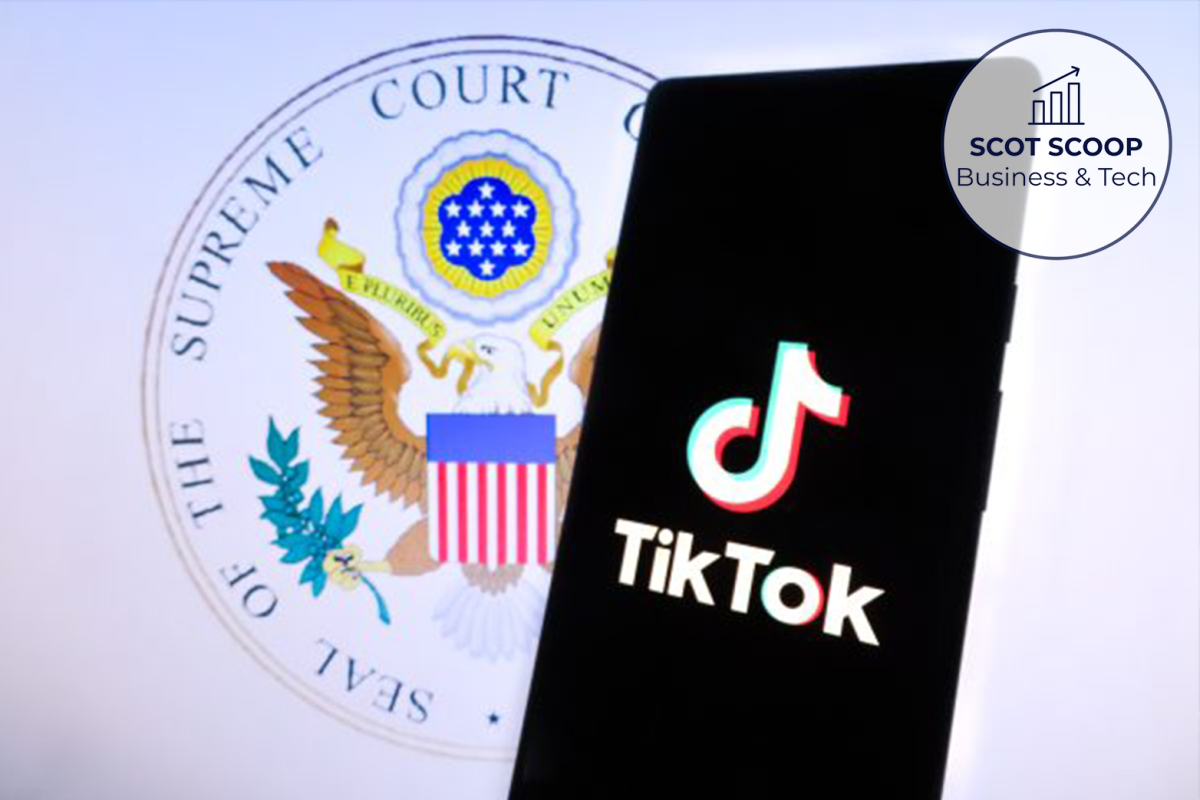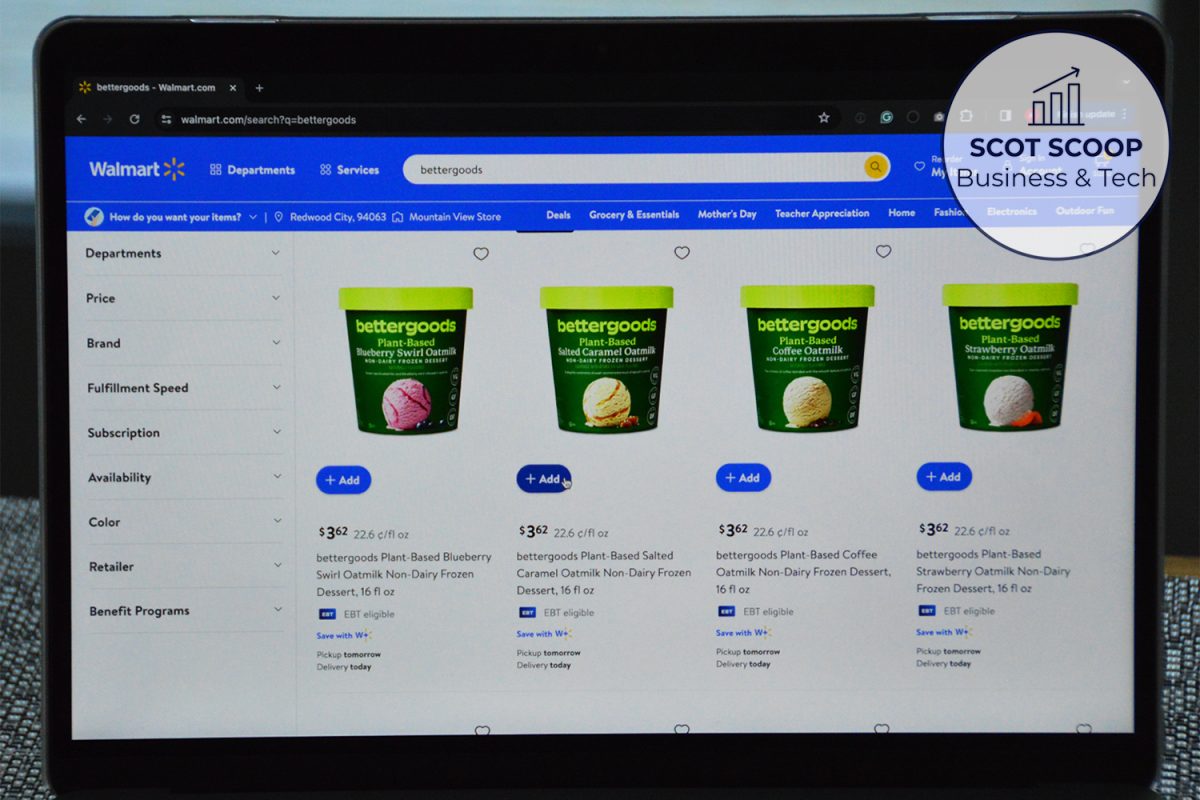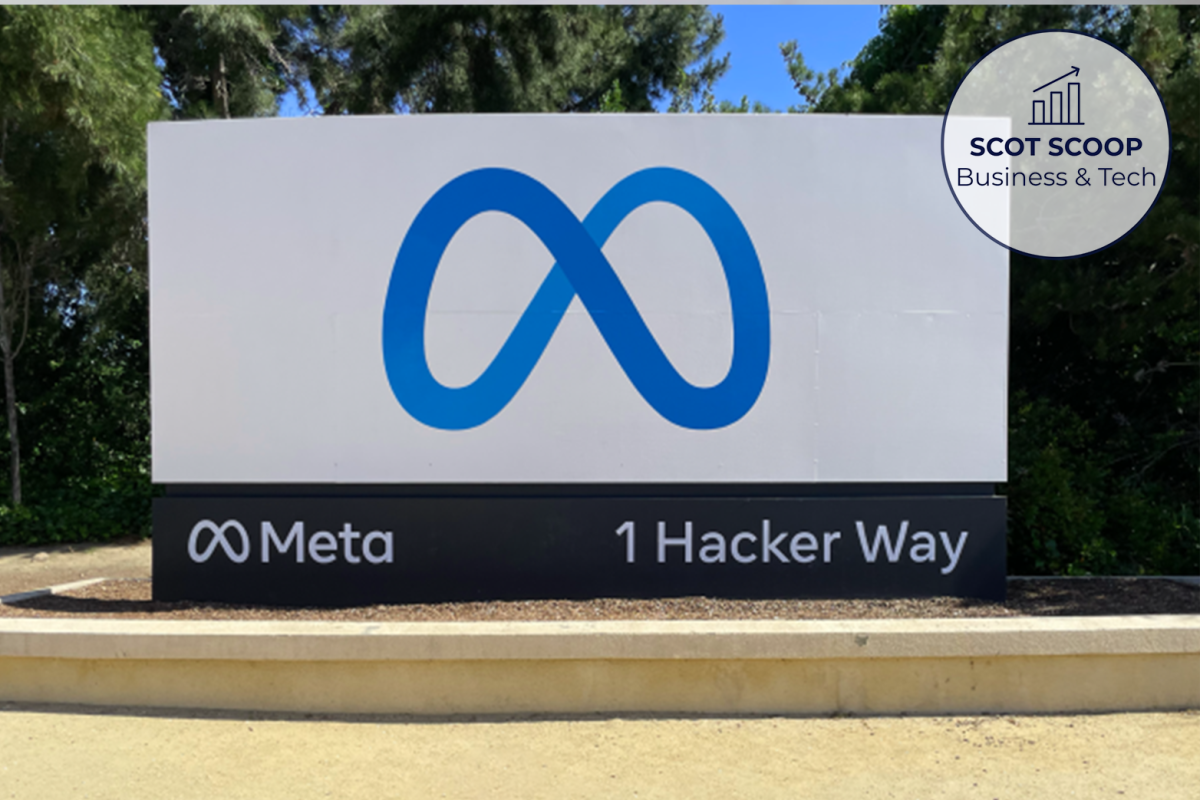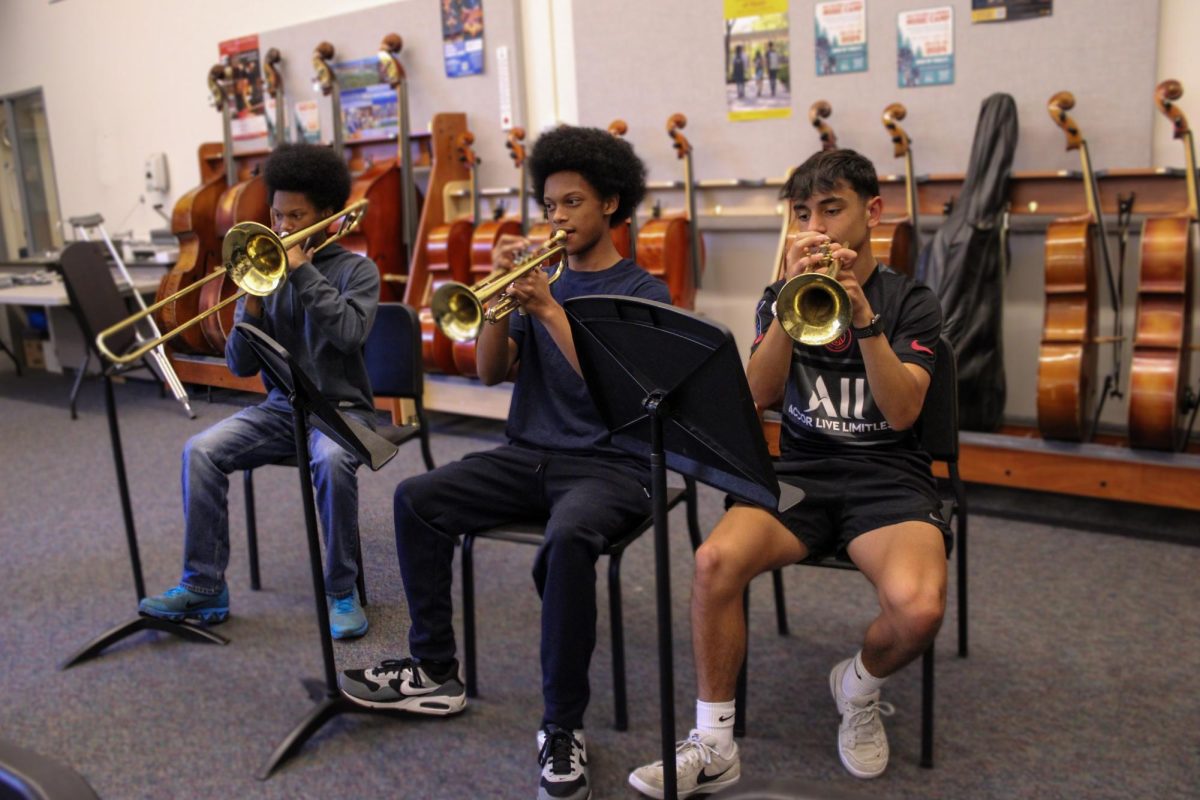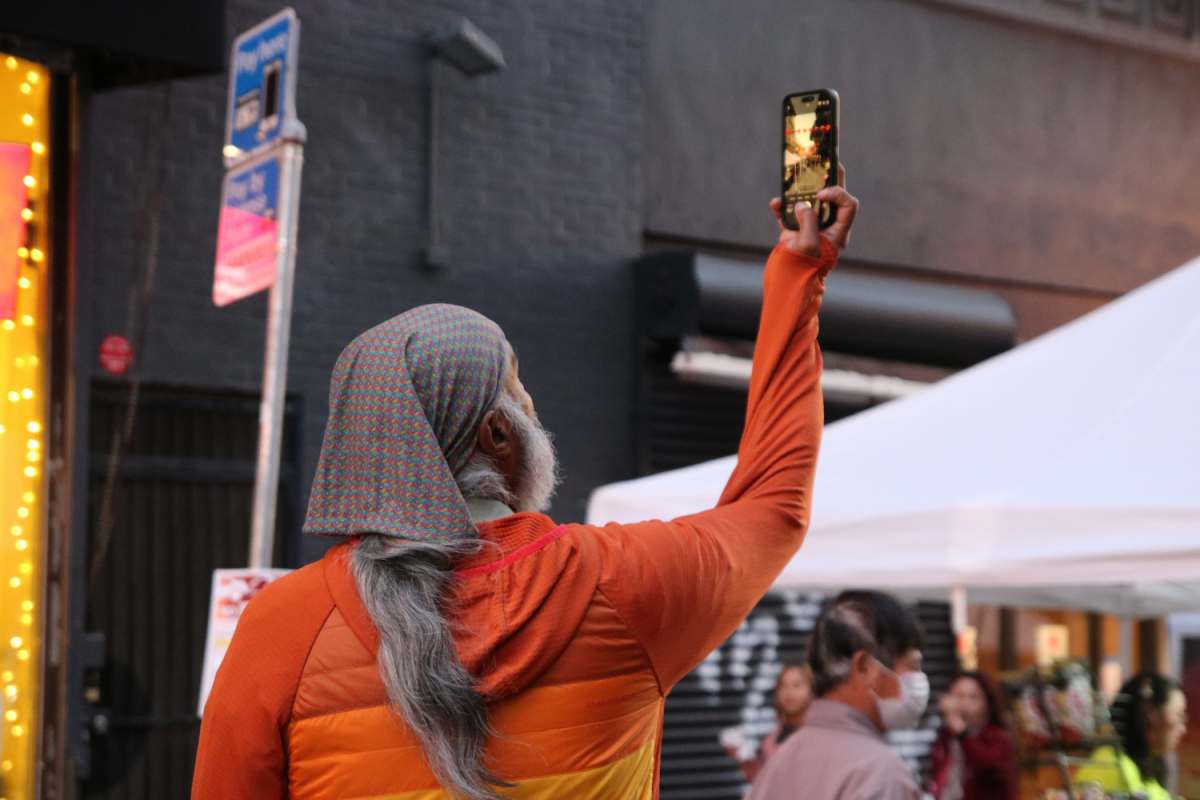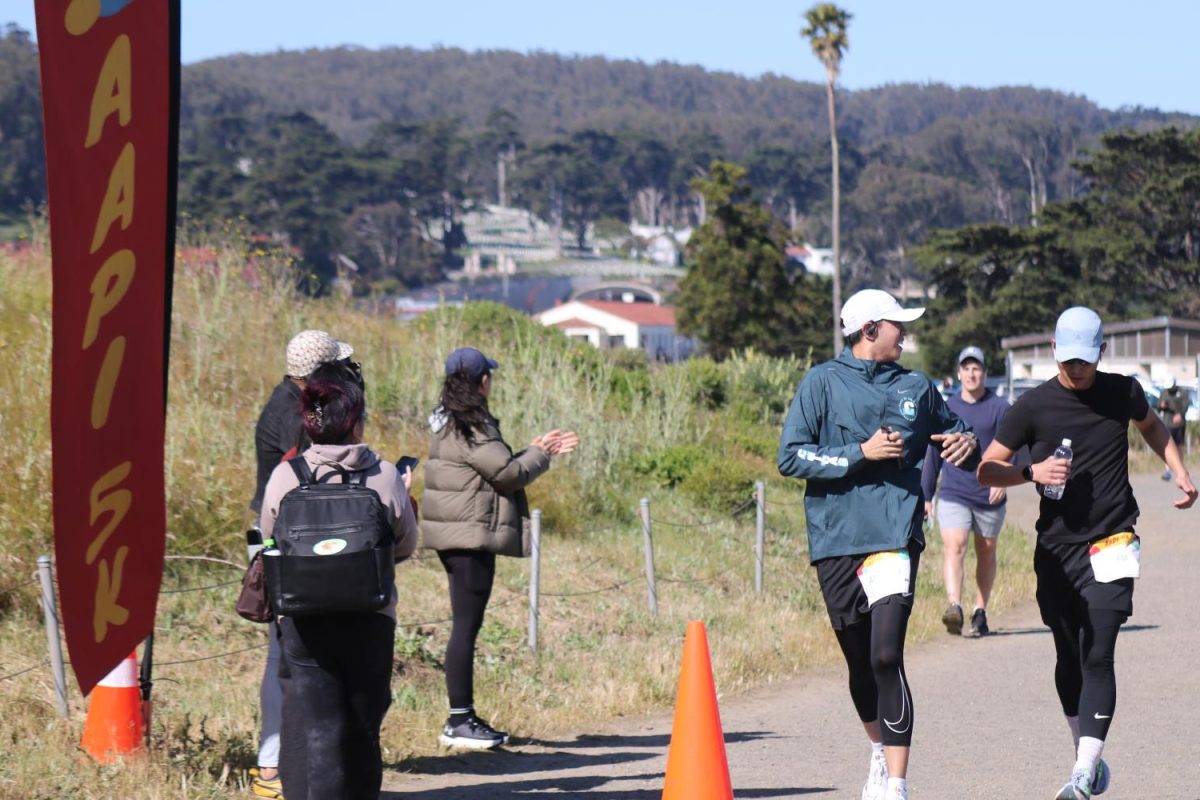OpenAI just unveiled Voice Engine, a tool that uses artificial intelligence (AI) to generate a version of a person’s voice from a 15-second clip.
OpenAI first developed Voice Engine in 2022 to power voices for ChatGPT and other programs. So far, Voice Engine has also been used to help children with reading, to translate content into various languages, and to generate voices for people unable to speak.
The company said that Voice Engine can also recreate a person’s voice in foreign languages, even if the original sample is in English. For example, if you are an English speaker, it can recreate your voice in Spanish, French, Chinese, or many other languages.
Voice Engine is one of many AI tools created by OpenAI. For example, the company first released DALL-E in early 2021, allowing people to create digital images by describing what they want to see. Then, in late 2022, OpenAI unveiled the ultra-popular ChatGPT, which allows users to have human-like conversations and helps complete complex tasks. In February 2024, the company showcased Sora, a tool that generates full-motion video similar to movie scenes.
While anybody can use ChatGPT and DALL-E, OpenAI has limited public access to Sora, which was only shared with a select group of researchers for further study. Similarly, OpenAI said they are mainly working with a limited group of customers who have been testing Voice Engine since late 2023.
According to OpenAI, Voice Engine won’t be released publicly until the company knows more about potential risks for misuse.
According to researchers and U.S. officials, some voters are already encountering AI exploitations. For example, an estimated 5,000 to 25,000 robocalls told New Hampshire residents not to vote in the state’s presidential primary during the U.S. presidential race in January. The robocalls used a tool similar to Voice Engine to create familiar voices.
OpenAI has also cautioned that criminals could use fake voices to access people’s private information or bypass security measures such as voice-based security authentications at banks.






